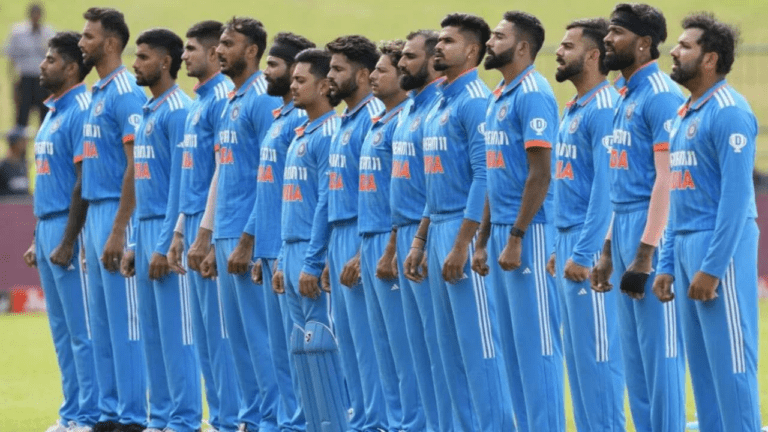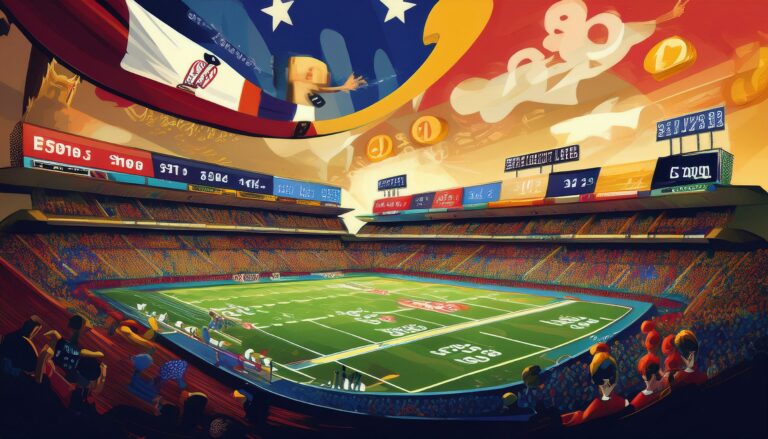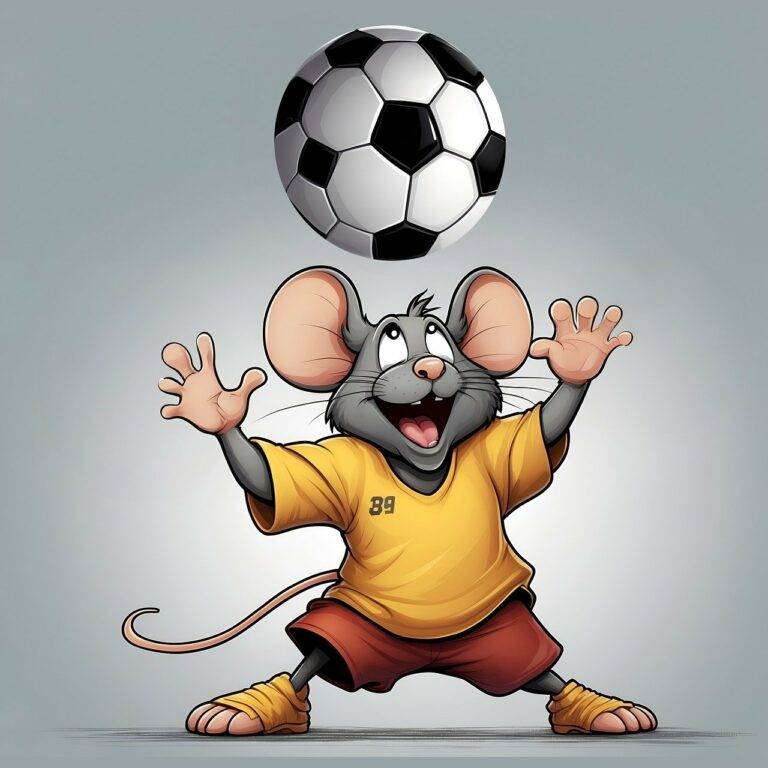Exploring the Role of IPL in Reviving Traditional Cricket
99Exch, Gold: Cricket, a sport with roots dating back to the 16th century, originally evolved in England. It grew in popularity amongst the English elite before gradually spreading to different regions of the British Empire. Over the years, traditional cricket has established itself as a symbol of sportsmanship, strategy, and camaraderie, embodying the spirit of fair play and competition.
The formalization of rules and regulations in the 18th century laid the foundation for the structured matches and leagues that define traditional cricket today. From the evolution of the bat and ball to the establishment of international competitions like the Ashes series, the history of traditional cricket is a testament to the enduring legacy of a game that has captured the hearts of millions around the world.
The Emergence of IPL in Cricket
In 2008, the Indian Premier League (IPL) burst onto the cricket scene, forever changing the landscape of the sport. Instituted by the Board of Control for Cricket in India (BCCI), the IPL introduced a dynamic and fast-paced format that attracted both fans and players from around the world. With its franchise-based model and mix of international and domestic talent, the IPL quickly became a global phenomenon.
The IPL’s success can be attributed to its innovative approach, combining cricket with entertainment to create a spectacle that resonated with a new generation of fans. The introduction of cheerleaders, music, and glamorous team owners brought a fresh and modern twist to the traditional game of cricket. This fusion of sport and entertainment not only captivated audiences but also paved the way for lucrative sponsorship deals and partnerships, positioning the IPL as a major player in the world of sports entertainment.
Impact of IPL on Traditional Cricket
The emergence of the Indian Premier League (IPL) has undeniably altered the landscape of traditional cricket in significant ways. With its glitzy format, celebrity endorsements, and high-octane matches, the IPL has brought a new wave of entertainment to the sport. The shorter and more intense nature of IPL matches has attracted a wider audience, including those who were previously not avid followers of traditional cricket.
Conversely, the commercial success and star power of the IPL have also posed challenges to traditional cricket. The lure of big money contracts in the IPL has led to concerns about player loyalty and commitment to representing their national teams. Some critics argue that the focus on franchise-based T20 leagues like the IPL has overshadowed the longer and more strategic format of traditional cricket, potentially diluting its essence and heritage.







